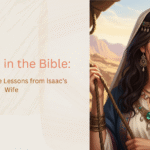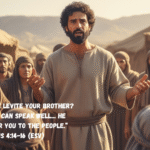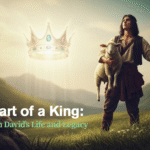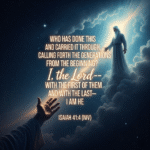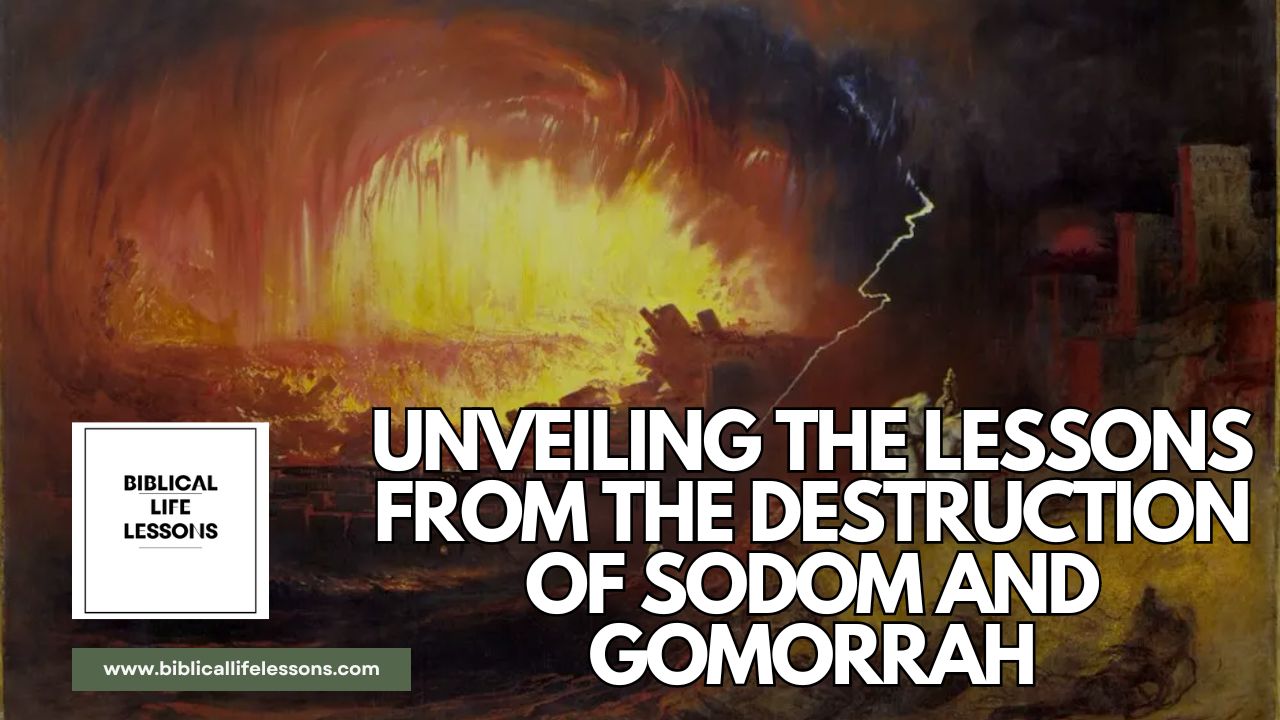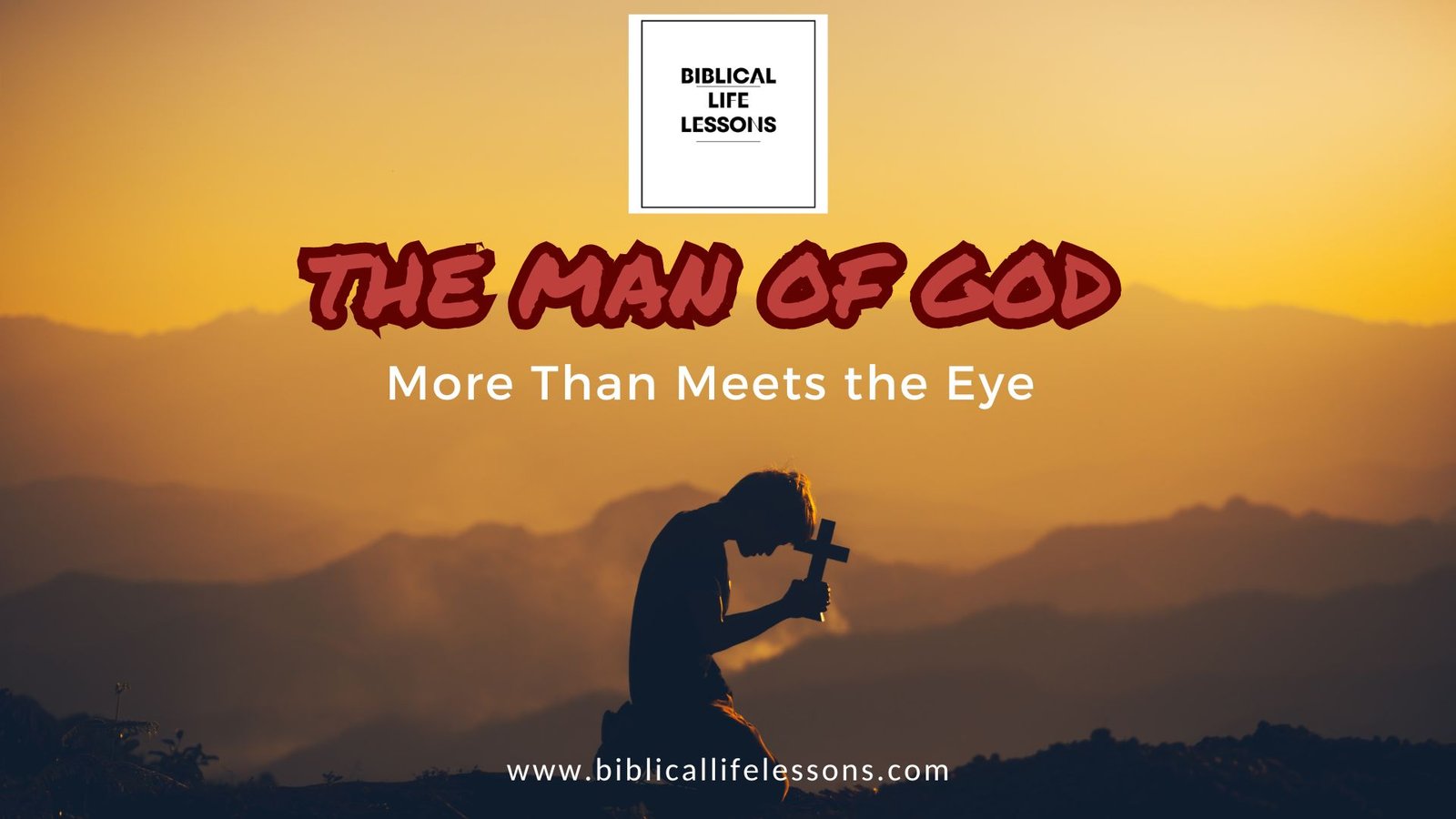The biblical narrative of Sodom and Gomorrah, nestled in the Book of Genesis (Genesis 18:16-19:29), unfolds a gripping tale of divine judgment, moral turpitude, and the pursuit of righteousness. As we delve into this profound story, we glean valuable lessons that resonate through the corridors of time.
The Wickedness of Sodom and Gomorrah
Sodom and Gomorrah, infamous for their profound wickedness, were cities situated in the plain of Jordan. Their moral degradation reached such depths that God Himself took note, prompting divine intervention.
Abraham’s Intercession: A Model of Compassion
The narrative commences with God confiding in Abraham about His intent to investigate the cities due to their grievous sins. In a remarkable display of compassion, Abraham engages in a courageous conversation with God. Concerned about the fate of the righteous in those cities, he pleads for their salvation, exemplifying the power of intercession and genuine care for others.
Lot’s Hospitality and Moral Dilemma
The arrival of angels, disguised as men, in Sodom sets the stage for another lesson. Lot, Abraham’s nephew, exemplifies hospitality by welcoming the divine visitors into his home. However, the moral dilemma arises when the men of Sodom, driven by wicked curiosity, demand to know the guests. Lot’s willingness to protect his guests, even at the expense of proposing a controversial alternative, showcases the tension between righteousness and the corrupt environment.
Divine Judgment and the Call to Repentance
The angels, recognizing the irredeemable state of the cities, instruct Lot to flee with his family before the impending judgment. This pivotal moment underscores the biblical principle of divine judgment against unrepentant sin. The destruction of Sodom and Gomorrah serves as a stark reminder that God’s justice prevails, and His mercy is extended to those who heed the call to repentance.
Lessons for Today
1. Consequences of Moral Degradation
The narrative stands as an enduring warning about the consequences of unchecked moral degradation. It prompts reflection on societal values, emphasizing the importance of upholding righteousness in the face of cultural decay.
2. The Power of Intercession
Abraham’s intercession for the righteous in Sodom showcases the transformative power of prayer. It encourages believers to intercede for their communities, demonstrating a compassionate and caring heart.
3. Hospitality and Righteousness
Lot’s hospitality and moral stand underscore the challenge of maintaining righteousness in the midst of a corrupt society. It calls individuals to navigate moral dilemmas with unwavering integrity.
4. Divine Justice and Mercy
The destruction of Sodom and Gomorrah reflects the balance between divine justice and mercy. It serves as a call to repentance, reminding individuals of the need to turn away from sin and embrace God’s mercy.
In conclusion, the story of Sodom and Gomorrah is not merely a historical account but a timeless reservoir of lessons. As we reflect on the narrative, may we glean insights that guide our paths, inspire compassion, and strengthen our commitment to righteousness in the face of moral challenges.
Subscribe for Daily Email Devotionals


